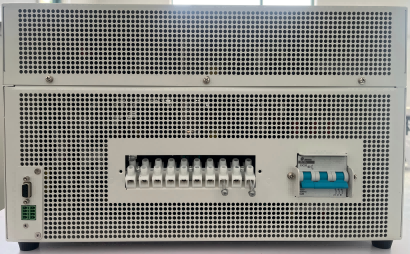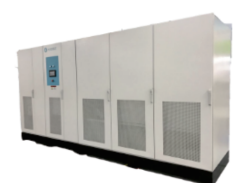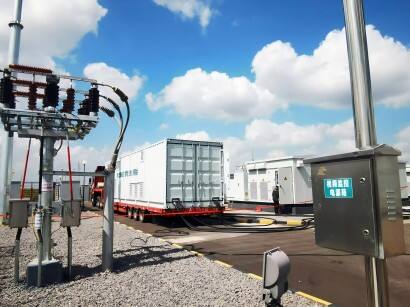clean renewable energy sources
Clean renewable energy sources represent the future of sustainable power generation, encompassing solar, wind, hydroelectric, geothermal, and biomass technologies. These sources harness natural processes to generate electricity without depleting finite resources or producing harmful emissions. Solar power utilizes photovoltaic panels to convert sunlight directly into electricity, while wind turbines capture kinetic energy from moving air. Hydroelectric systems generate power by harnessing the force of flowing water, and geothermal plants tap into Earth's internal heat. Biomass energy converts organic materials into usable power through various processes. These technologies have evolved significantly, featuring advanced materials, smart grid integration capabilities, and improved energy storage solutions. Modern renewable systems incorporate sophisticated monitoring systems, enabling real-time performance tracking and optimization. Applications range from residential rooftop solar installations to utility-scale wind farms and industrial biomass facilities. These systems can be deployed individually or combined in hybrid configurations to ensure reliable power supply. The modular nature of many renewable technologies allows for scalable installations that can grow with increasing energy demands.




